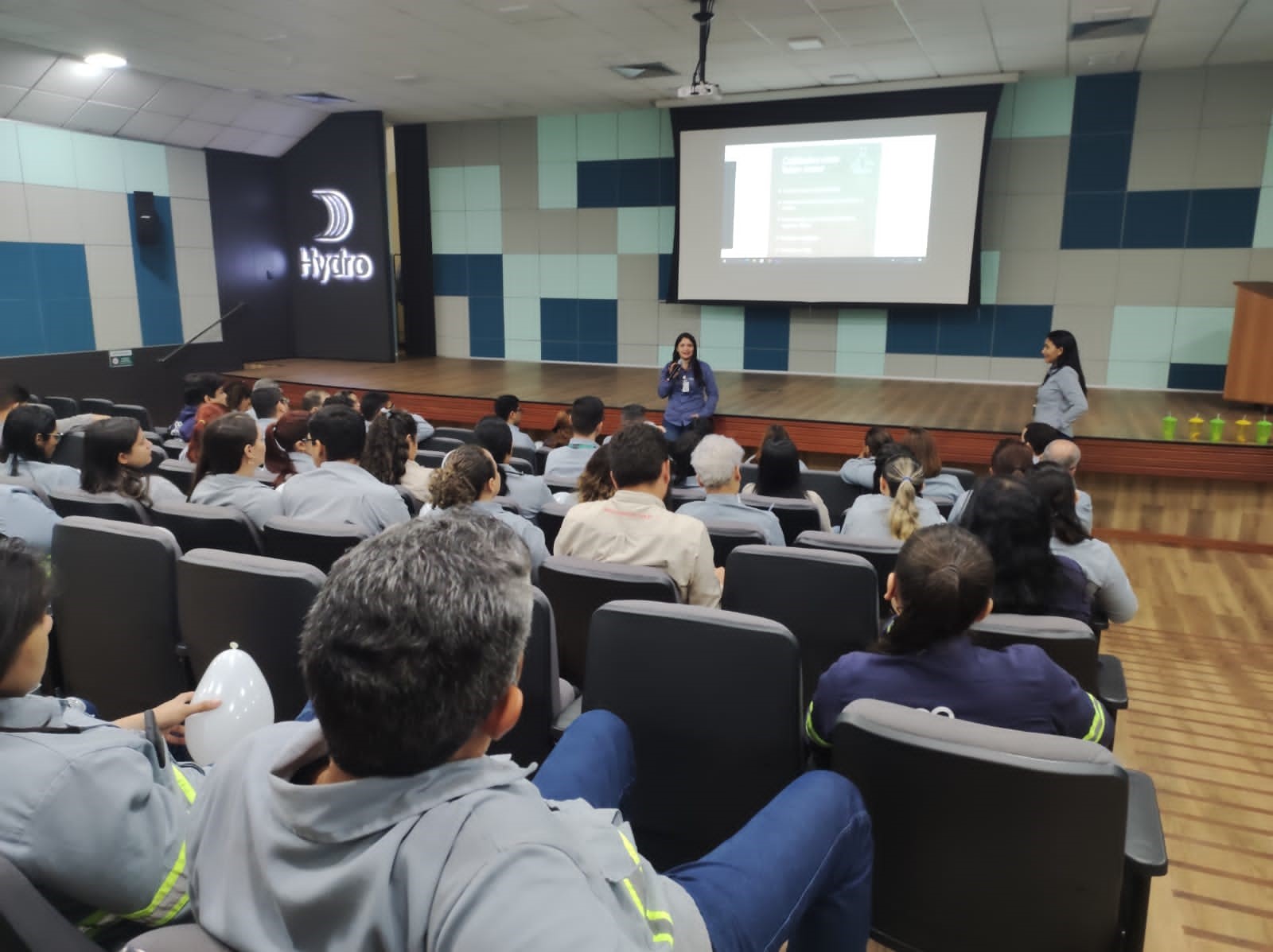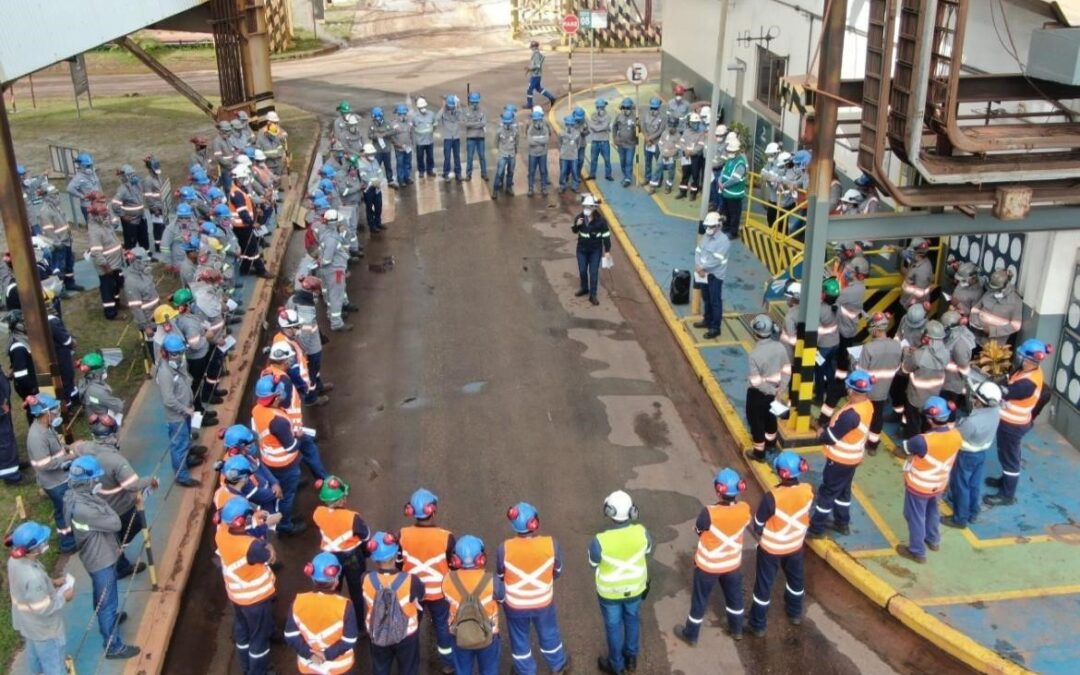“PlenaMente” receives an honorable mention in the 13th Baldur Oscar Schubert Award for Absenteeism Management and Vocational Rehabilitation.
Hydro Alunorte, the alumina refinery located in the municipality of Barcarena, Pará, received an honorable mention for its “PlenaMente” initiative , the mental health pillar of the Viver Bem Program. The recognition came in the Private Companies category of the XIII Baldur Oscar Schubert Award for Absenteeism and Vocational Rehabilitation Management, held on April 25 and 26 at the XVI Congress on Absenteeism and Vocational Rehabilitation Management.
The award is an initiative of the Brazilian Center for Industrial Safety and Health (CBSSI), which recognizes best practices and technologies in the management of absenteeism and professional readaptation/rehabilitation, accessibility, social inclusion and health promotion at work. “This initiative was created to promote a safe and healthy work environment so that people can live well and fully. Worldwide, we have observed an increase in absences from work due to mental disorders. So PlenaMente has come to collaborate in the cultural transformation of Hydro Alunorte, working on mental health both in personal life and at work”, says Lívia Souza, Hydro Alunorte’s occupational physician.
“PlenaMente” is part of Hydro’s Living Well Program, an initiative designed to encourage employees to reconnect with their health, potential, values and purpose through a range of support services that everyone can easily access at any time. During the 16th Congress on Absenteeism Management and Professional Rehabilitation, Dr. Lívia Souza will detail all the actions of the initiative, which began in 2019: “Working on mental health prevention, collaborating in the formation of a more humanized leadership, identifying internal and external psychosocial risks at work and, in addition, providing quality treatment are some of PlenaMente’s objectives.”
The recognition reflects the work of the team in the face of the challenges of creating a program that meets the needs of the more than five thousand employees that the refinery currently has. “Today we are seeing more employee engagement in talking about mental health and really changing the internal culture. We also see an increase in the search for services and in the expansion of employees’ knowledge and confidence in seeking help”, recalls Lívia.









